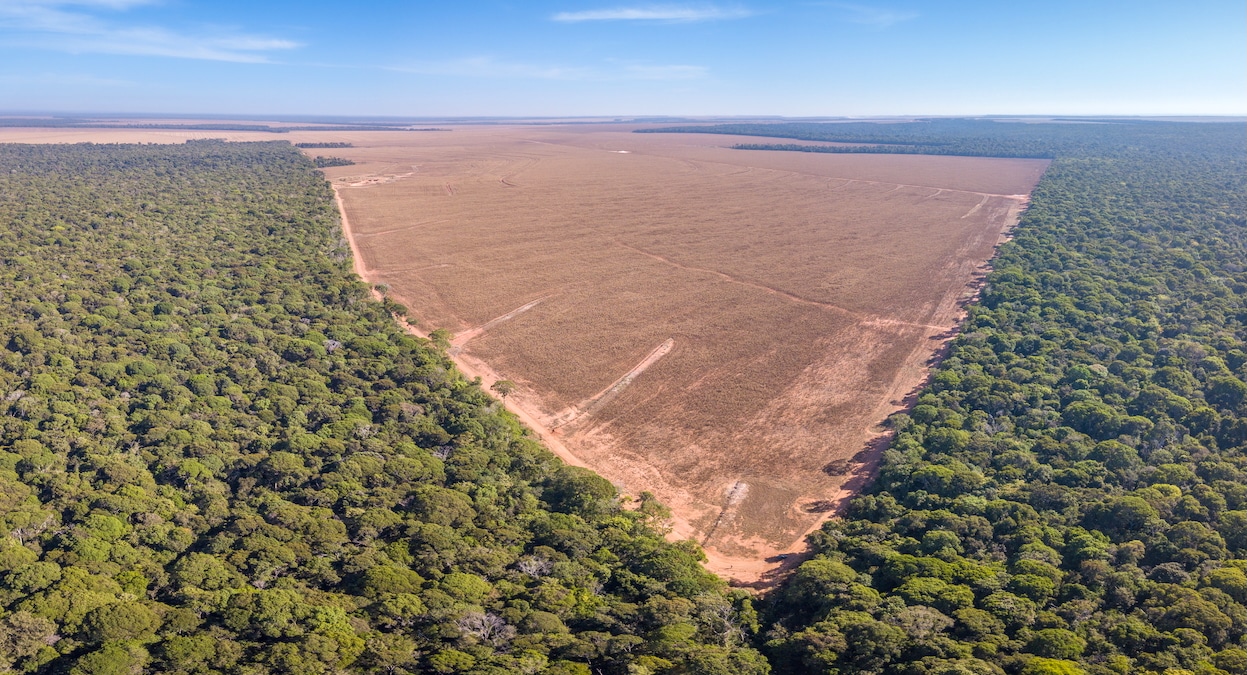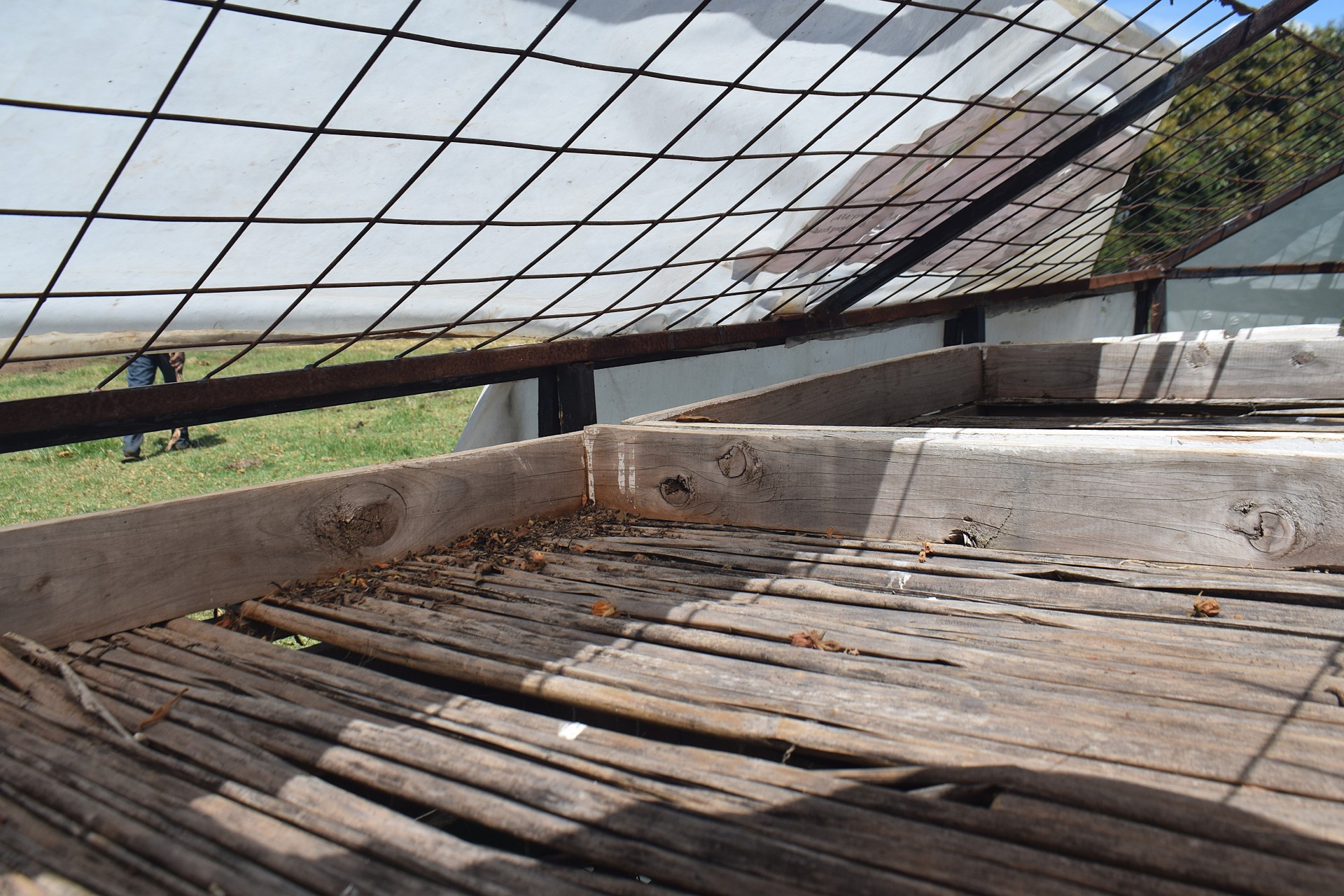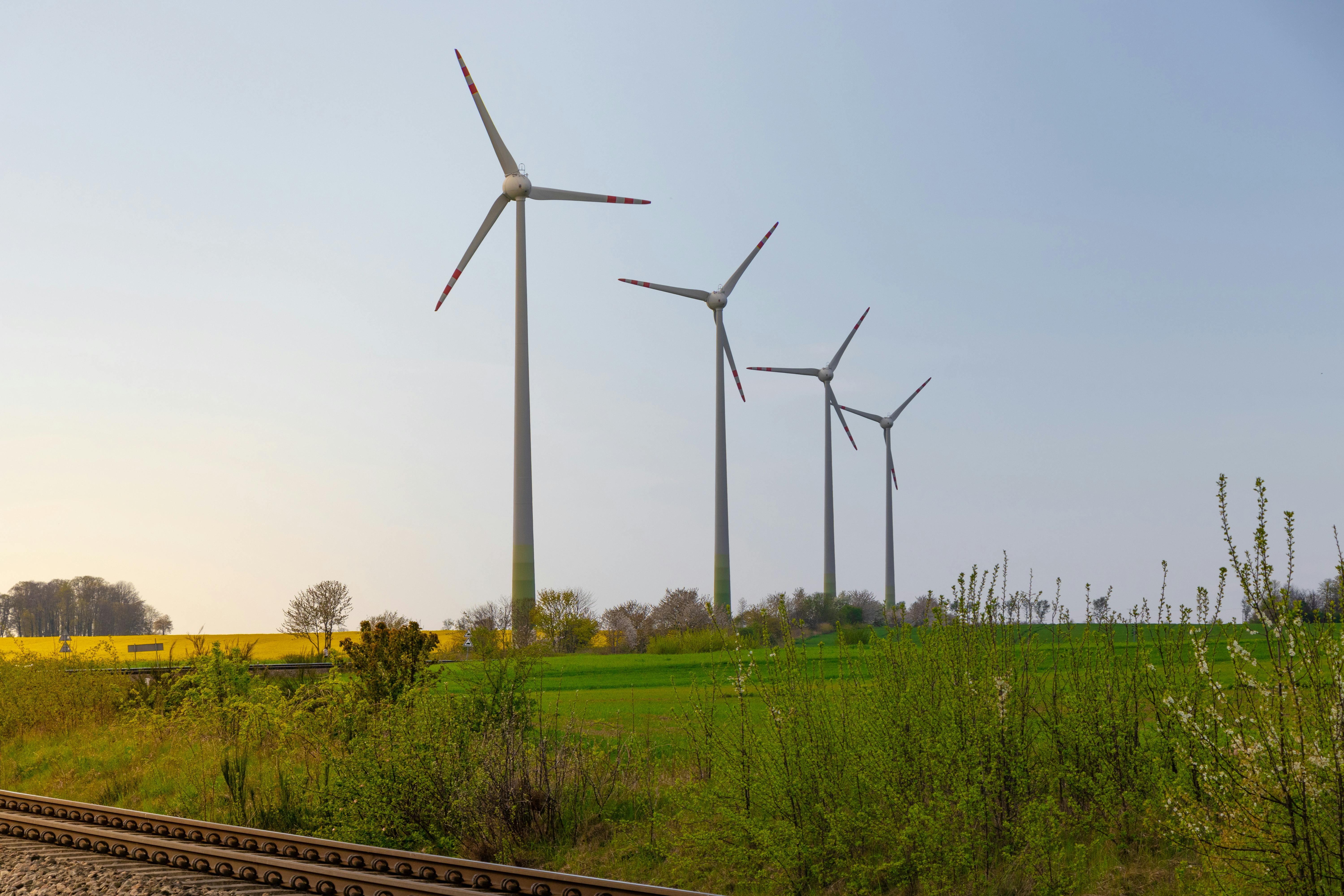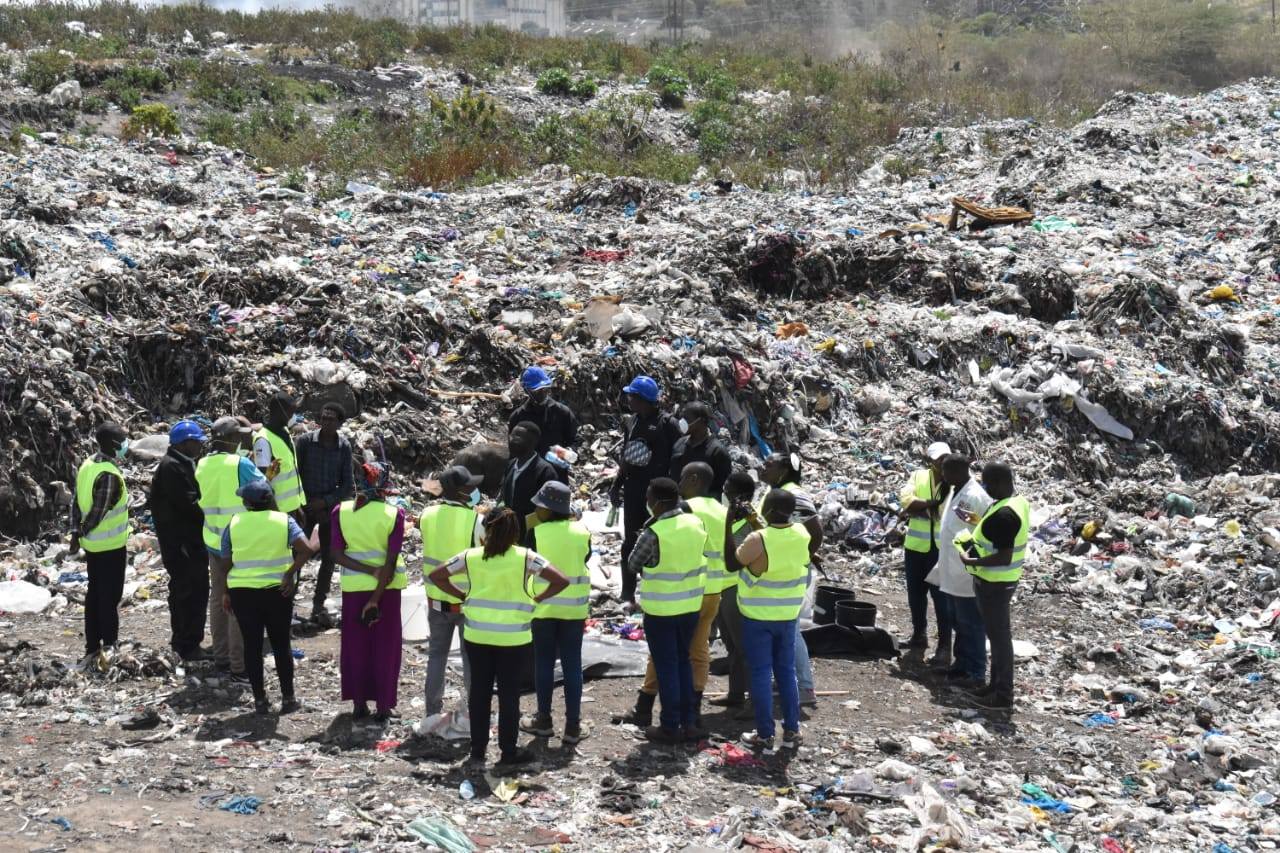- Desertification, defined as the degradation of land in arid and semi-arid regions, results in a persistent decline in biological and economic productivity, leading to the loss of vegetation in these areas.
‘Restore the Land’ is the central message of the 2025 Desertification and Drought Day, calling on governments worldwide to prioritize land health.
Astrid Schomaker, Executive Secretary of the Convention on Biological Diversity, emphasizes that "land restoration decisions are national decisions. When made with consideration for biodiversity and climate goals, they can yield significant benefits for both people and nature."
Land fertility is sustained by the biodiversity it supports; therefore, its destruction leads to biodiversity depletion. Additionally, maintaining land quality is crucial for the global population, as it ensures food security.
This year's international observance of Desertification and Drought Day will take place in the Republic of Colombia. Desertification, land degradation, and drought are among the most pressing environmental challenges of our time, with up to 40% of the world's land area already considered degraded.
Desertification, defined as the degradation of land in arid and semi-arid regions, results in a persistent decline in biological and economic productivity, leading to the loss of vegetation in these areas.
Read More
Human activities contribute significantly to desertification, including overgrazing, deforestation, overcultivation, and mining. In the long term, such degradation hampers economic development by rendering the land incapable of supporting life. Soil loses its ability to retain water, exacerbating drought conditions, and its role as a carbon sink diminishes.
UN Secretary-General Antonio Guterres urges humanity to prioritize land healing to enhance quality of life.
He states, "Humanity is degrading land at an alarming rate, costing the global economy nearly $880 billion every year. Repairing the damage can reduce poverty, create jobs, safeguard water supplies, and protect food production. Let’s act now to heal land, seize opportunities, and improve lives."


-1769677767.jpg)




-1768983522.png)